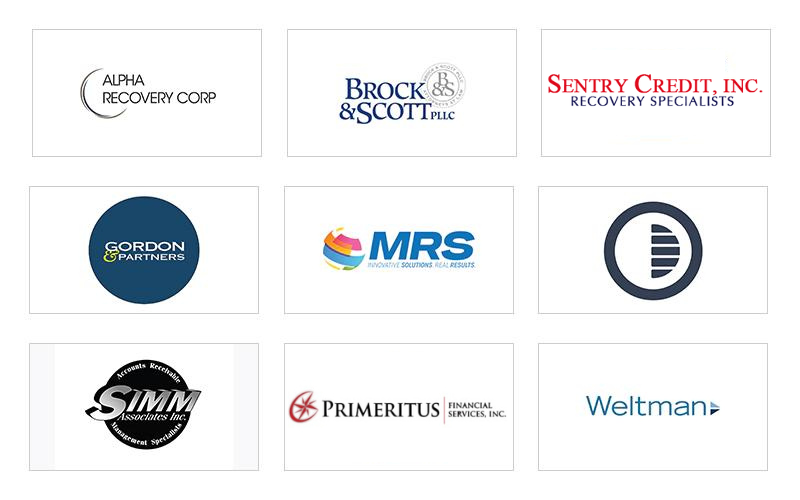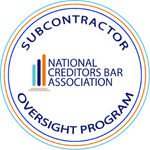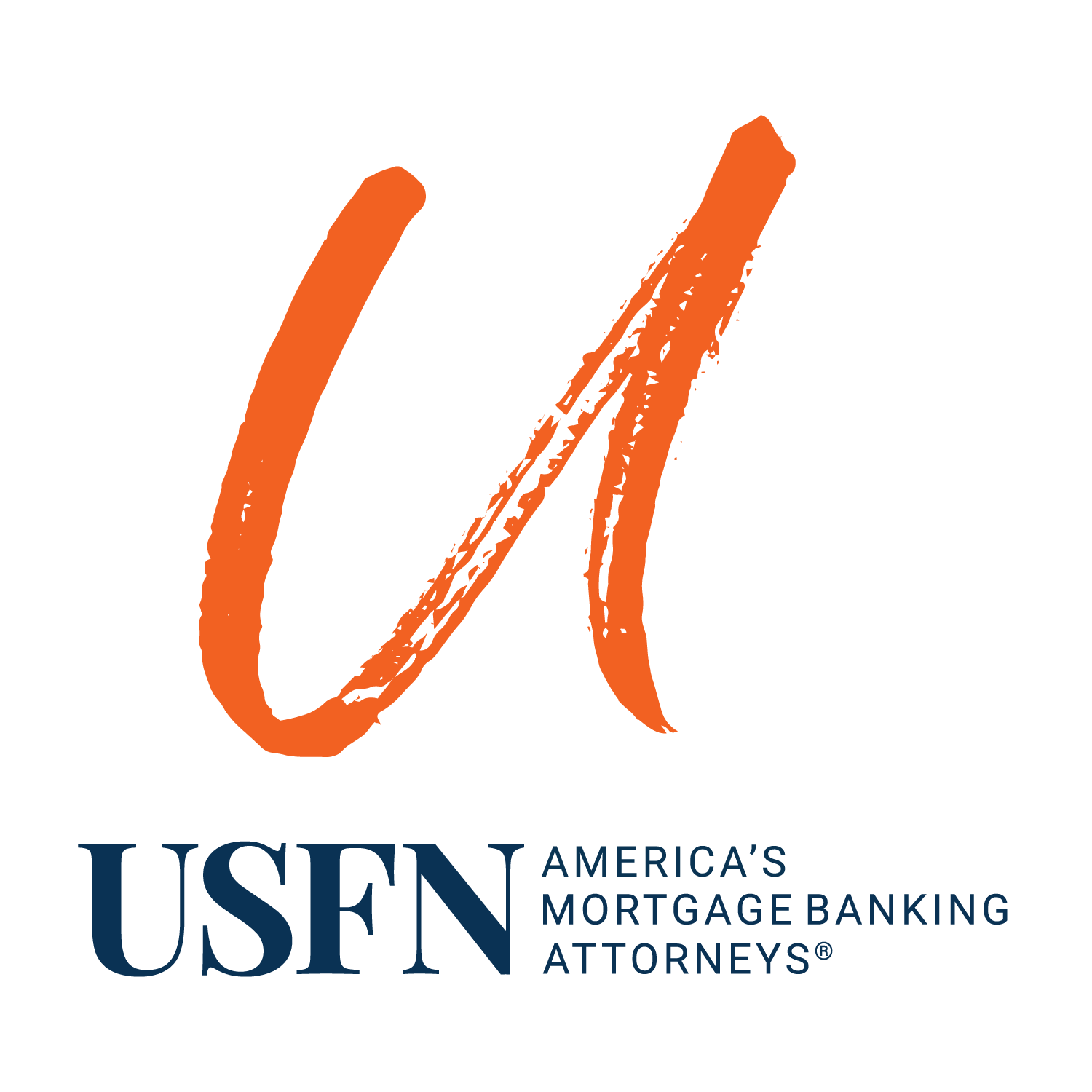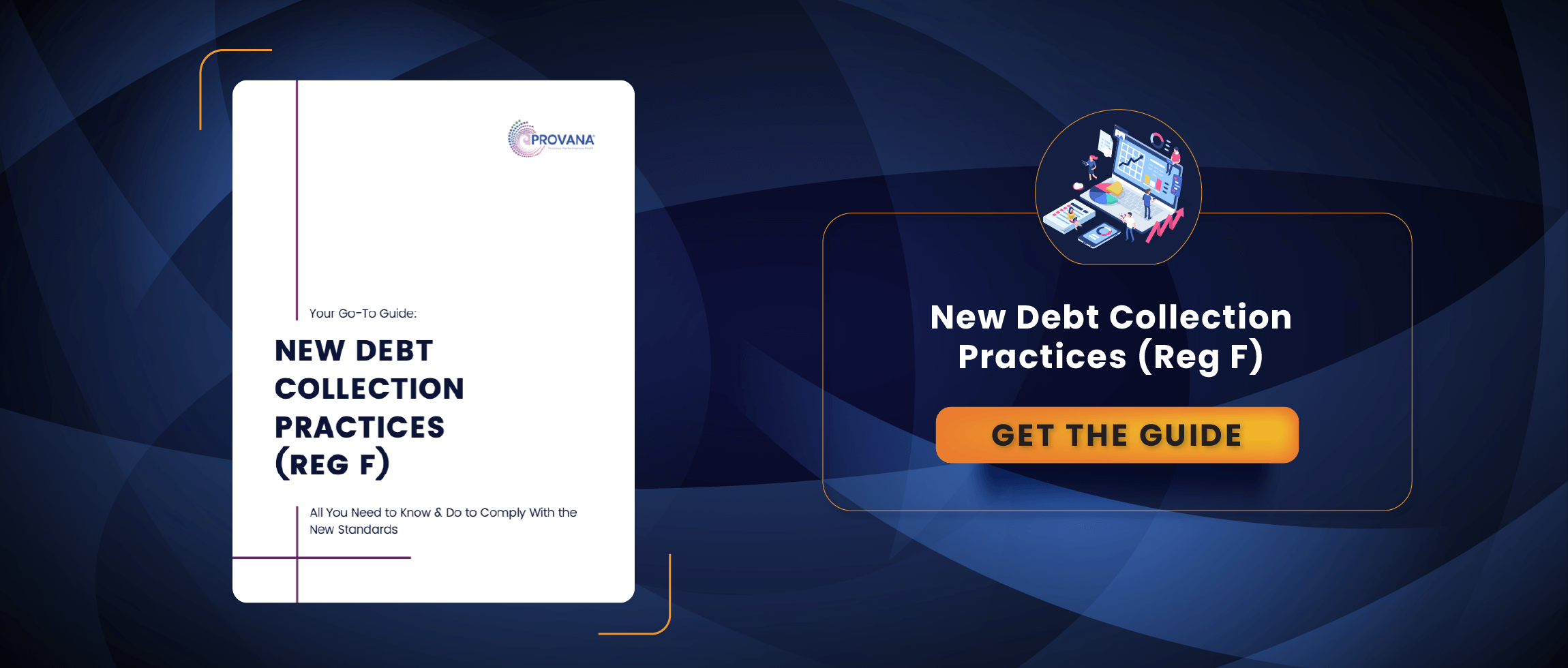Set Your Compliance Checklist for 2022 – Don’t Forget Reg F!
- December 16, 2021
- Category: Reg F

Within the credit and collections landscape, changes happen all the time. Be it regulations change or a new customer demand – even the smallest change in the ecosystem can have a huge impact on your existing compliance program. Given that compliance is a moving target, it has its fair share of challenges. However, you can always chase that moving target and get as close to being 100% compliant by mixing strategy with implemented controls.
As you plan and refine your compliance checklist for 2022, consider these five action items that will not only help you comply with the latest regulation on the block—Reg F, but will also help you improve your agents’ productivity and collection yield.
Plan, prepare, and execute
Though the post-pandemic collection industry is expected to grow multifold across verticals, many debt collection players haven’t figured out how they would prepare for the ongoing regulatory changes by the Consumer Financial Protection Bureau (CFPB) under Regulation F.
To comply with Reg F earliest, start with defining how would you plan to review your documents, update and track changes, and distribute the changes to your team in light of Reg F changes. Regulation F is more complex than it may appear. So, you might want to take the help of a specialist (regulatory attorneys or an expert auditor). Doing so will help you avoid making judgment calls regarding compliance with the FDCPA and operate outside of a safe harbor. We covered all Reg F prohibitions in this blog .
Improve your vendor oversight
Vendors are an extension of your team and in most cases have access to your data or tools. In order to protect consumer information and client data, consider auditing your vendors very frequently, based on their licensing, data security, and Reg F practices.
Also, spend some time brainstorming on how can you remove the inefficiencies in the vendor management process. For the exercise, you can pull in everything within one ecosystem and keep track of which parts of the vendor audit are repeats from 2021 and which parts need fresh input. A project management approach to the audit process can always reduce the number of iterations required to complete the audit.
Track agent training
The best way to ensure and demonstrate that your agents understand Reg F and other CFPB regulations is to train and test them. Doing so will help you identify gaps in training that help reduce potential risks against the backdrop of the new rule.
Encourage collaboration between compliance and training departments so they can work on online training modules together to make them accessible to your agents. This should help you actively track the completion of certifications. It is also important to create a schedule to inspect and test if all the agents are complying with the policies mentioned in Reg F. For this purpose, you may even consider using an independent auditor.
Integrate disaster recovery with your existing compliance program
One of the lessons learned from the COVID crisis is that it is best to be prepared for any crisis and have a disaster recovery plan in place. So, if you have not done so, make sure you have a disaster recovery and business continuity plan as an integral part of your compliance program especially if you are an SME. Robust business continuity and disaster recovery plan (that lists down potential threats and impacts, response and resources and roles and responsibilities) will not only help you cope with a crisis, but will also help you boost clients’ and investors’ confidence alike. If scaling back is on your mind, consider partnering only with a BPM provider with a high compliance score.
Switch to an automated compliance management system
Managing Reg F documents and tracking compliance activity can be time-consuming and complex processes. Consider leveraging technology to help you enforce new policies and automate key compliance aspects. Centralized, automated compliance management systems such as IPACS® can enable you to make changes to policies and procedures and have them disseminated within your business instantly. IPACS®, a powerful SaaS compliance management system, automates and centralizes key compliance tasks, helping you optimize the manpower and operation cost that would otherwise go into compliance management.








